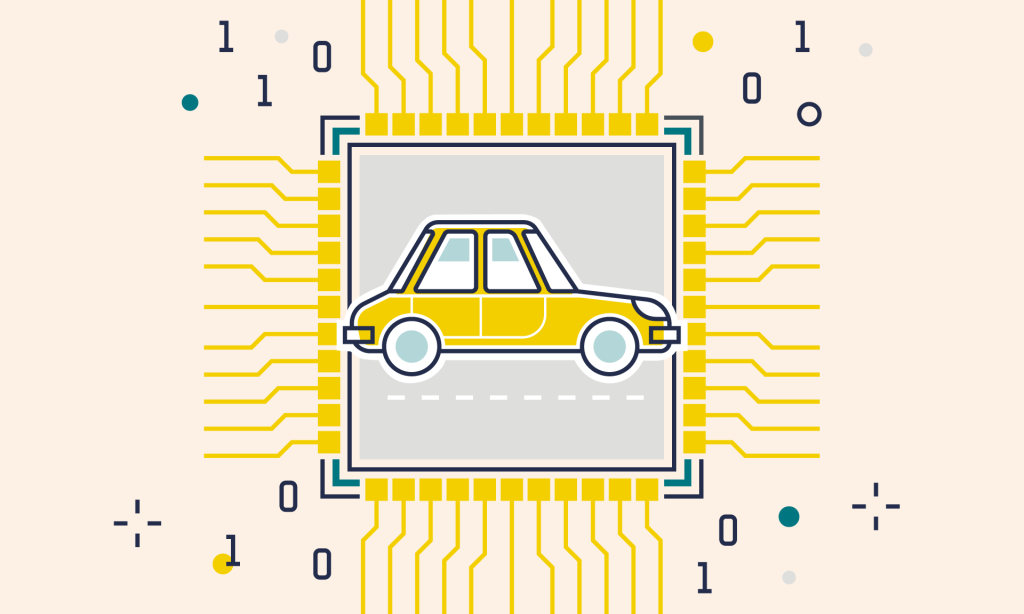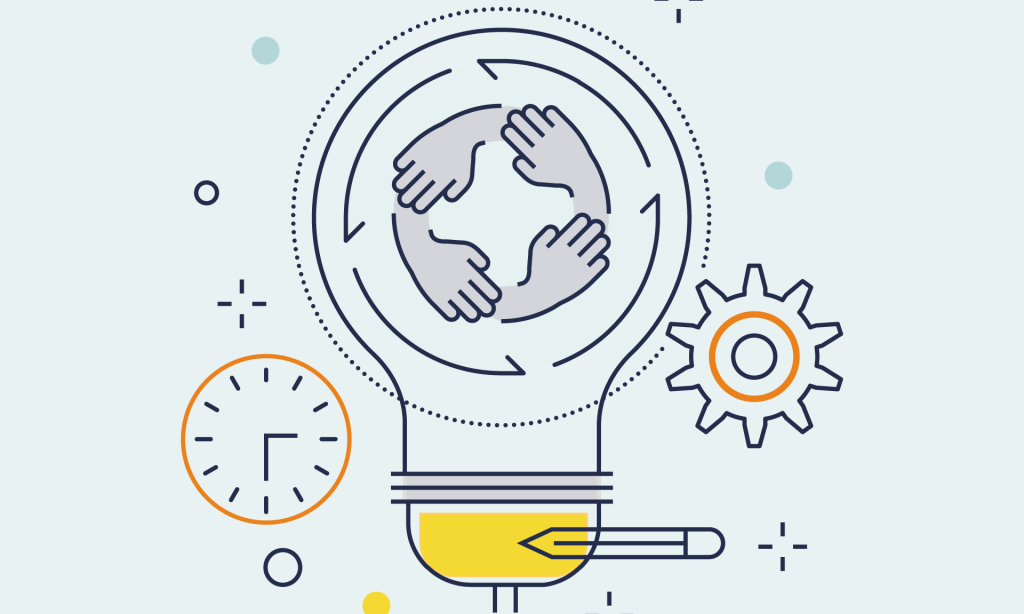

 Article
Article


In the rapidly evolving landscape of artificial intelligence, a unified team executing a flawed strategy often outperforms those pursuing a perfect strategy with fractured alignment. This principle of prioritizing alignment over flawless planning forms the cornerstone of the seven critical foundations for competitive success in the AI era.

As the race for fully autonomous vehicles heats up, challenges remain on the road to widespread adoption. Key to overcoming these obstacles will be consumer acceptance, technological advances, and regulation.
How close are we to fully automated vehicles and how will transportation itself change as a result?

Originally developed to solve economic problems, game theory is a powerful tool with applications across many fields. It provides insights into diverse areas, from contract design and pricing strategies in business to election systems and military buildup in political science.
In this episode of Good Disruption, Mike Lenox and Yael Grushka-Cockayne are joined by Naomi Kaempfer, creative director for Art, Design and Fashion at Stratasys, to discuss how the fashion industry can benefit from 3D printing.

The latest advances in AI offer companies unprecedented opportunities to become more customer centric. As Darden School of Business Professor Rajkumar Venkatesan expounds in his recent book, The AI Marketing Canvas: A Five-Stage Road Map to Implementing Artificial Intelligence in Marketing, AI can help companies create and deliver superior customer value through personalized products and services.
A CEO goes on record supporting gun rights, and consumers react. Some stock up on the company’s products, others boycott. What fuels such “lifestyle politics”? Are consumers motivated by deep personal belief, or are they publicly signaling their values to an audience of like-minded peers?

Good Disruption is a podcast series featuring lively discussion between Professors Yael Grushka-Cockayne and Michael Lenox, sometimes joined by industry experts. They examine cutting-edge technologies and practices, then make personal calls on whether they amount to good disruption, bad disruption or actually no disruption.
The benefits of diversity in decision-making are well-documented. Having different perspectives and expertise produces better outcomes. But those don’t necessarily surface during discussions. How can leaders and organizations get the most from diverse perspectives and enhance the quality of conversations to achieve the best decisions?
Trust is built slowly and erodes quickly. Netflix was lauded as an inclusive employer, but when it aired Dave Chappelle’s controversial special The Closer, it seemed unprepared for backlash from multiple stakeholders, including the LGBTQ+ community. What could it have done better to balance the paramount issues of freedom of speech and inclusivity?